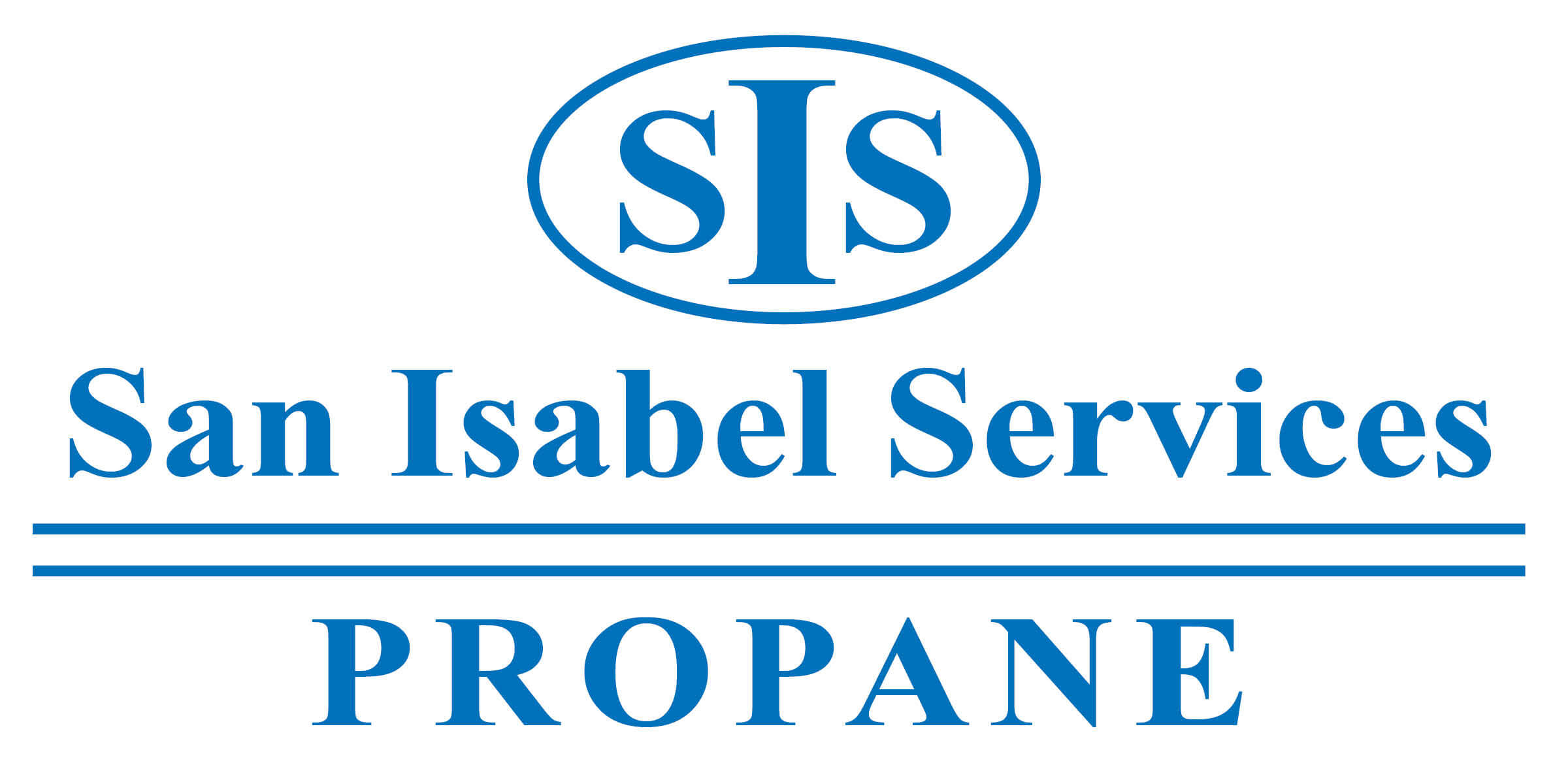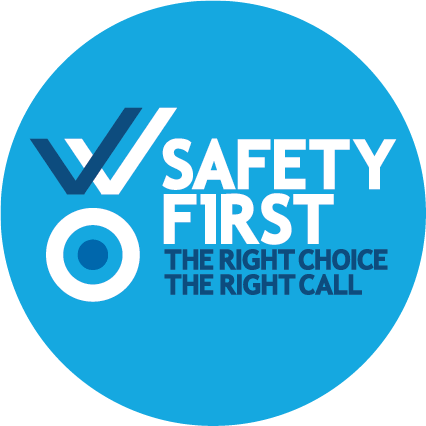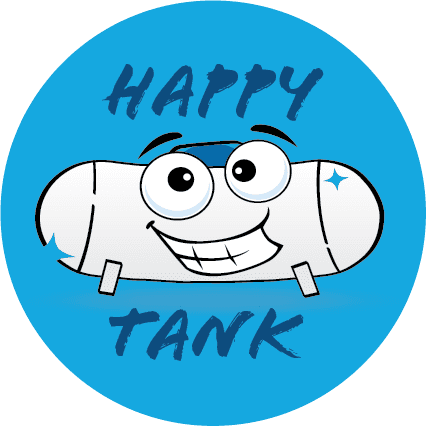FREQUENTLY ASKED QUESTIONS, HELPFUL LINKS & MORE
HELPFUL LINKS

FREQUENTLY ASKED QUESTIONS
WHAT DOES PROPANE SMELL LIKE?
Contact the Propane Education and Research Council office to have a “Propane Users Safety Guide” mailed to you, and share this information with everyone in your household.
WHAT ARE SOME ADVANTAGES OF PROPANE OVER ELECTRICITY?
In addition to the cost savings, propane enjoys an unusually high comfort value. Propane gas furnaces and heaters provide faster, more consistent warm air throughout your home. They have a longer average life span of 20 years vs. the 12-year average life span of an electric heat pump.
Gas water heaters heat water faster, recover faster and have a significantly longer lifespan than electric water heaters.
When cooking with gas, it is really hard to beat propane’s even temperature and immediate heat!
DO I HAVE TO PURCHASE A PROPANE TANK?
Most large stationary tanks are owned by the propane company that provides service to the property and are leased or on loan to the customer. It is illegal for propane to be put into, or taken out of, a propane tank without the tank owner’s permission. The propane company is responsible for maintaining their tank.
Customers who own their propane tanks are responsible for tank and gas system maintenance to ensure the tank’s continued suitability for storing propane safely.
WHY DO PRICES VARY FROM ONE SUPPLIER TO ANOTHER?
In addition, propane companies can offer many services and programs to their customers. At times, the cost of some of these services and programs may be included in the price of the propane. Full-service propane providers will normally be slightly more expensive than companies that provide limited or no additional services or programs.
Some companies may not include the cost of services and programs in the price of the propane, but may have add-on costs for these options. These costs may be in the form of tank lease fees, minimum usage fees, refund policy, delivery charges, penalties for exiting a contract, etc. It is up to each consumer to take the time to educate themselves as to the options and charges offered by each propane company they are considering. The experts at Propane Central will be happy to help you evaluate your supplier options.
As you can see, the price of the propane is only one step in evaluating a propane company.
DO PROPANE COMPANIES REQUIRE A CREDIT APPLICATION?
IS PROPANE SAFE?
San Isabel Services Propane performs a complete gas system inspection and instructs the homeowner on the safe use and maintenance of their propane system. In addition, propane is nontoxic, so it’s not harmful to soil or water. Because it is released as a vapor from a pressurized container, it cannot be ingested like gasoline or alcohol fuels.
HOW DO I KNOW WHEN I AM DUE FOR A DELIVERY?
If you are an Automatic Route Delivery customer, San Isabel Services Propane will know when to fill your tank(s). We monitor weather conditions and your usage history and fill your tank accordingly.
If you are a Will Call customer, you are responsible for monitoring the amount of propane in the tank and calling us to have propane delivered. We require a 5 working day notice for delivery, so please let us know when the tank gets to about 30% full.
Letting your tank run completely out of gas is not only unsafe, but you may incur additional charges for an out-of-gas call.
WILL I HAVE TO SIGN A CONTRACT FOR PROPANE DELIVERY?
Most propane companies have some type of formal agreement. The content of these agreements varies a great deal from company to company. It is highly recommended that you as the customer, thoroughly read and understand all of the contract terms.
Ask to see the company’s contract before you agree to the installation of a propane tank. Look for the fine print details. They could contain information about penalties or add-on charges.
IS FINANCIAL ASSISTANCE AVAILABLE FOR PURCHASING PROPANE?
Yes, there are a number of resources available if your household qualifies. Contact the Department of Human Services (DHS) or Low Income Housing Energy Assistance Program (LIHEAP). These federally funded programs may be able to assist you in paying for propane gas. Make sure you choose a supplier that accepts these programs.
WHY DO WE CHARGE HAZMAT FEES?
We charge a hazmat fee to help cover the costs of complying with state and federal regulations that ensure the safe handling and distribution of hazardous materials, including propane. These regulations are essential for keeping our customers and communities safe and ensuring we remain compliant with DOT standards.
The fee supports expenses related to driver training, vehicle inspections, safety systems, and ongoing regulatory requirements. These standards have steadily increased since 9/11, and we are committed to maintaining compliance, even as many in the industry fall behind.
Key Compliance Areas Include:
- DOT: Driver hours restrictions, annual inspections, remote vehicle shutdown systems, and hazardous material training.
- OSHA: Updated workplace safety requirements.
- DHS: Homeland security screening and site-specific planning.
- EPA & NFPA: Environmental compliance and updated safety codes.
Our commitment to these standards helps us provide you with safe, reliable service.


